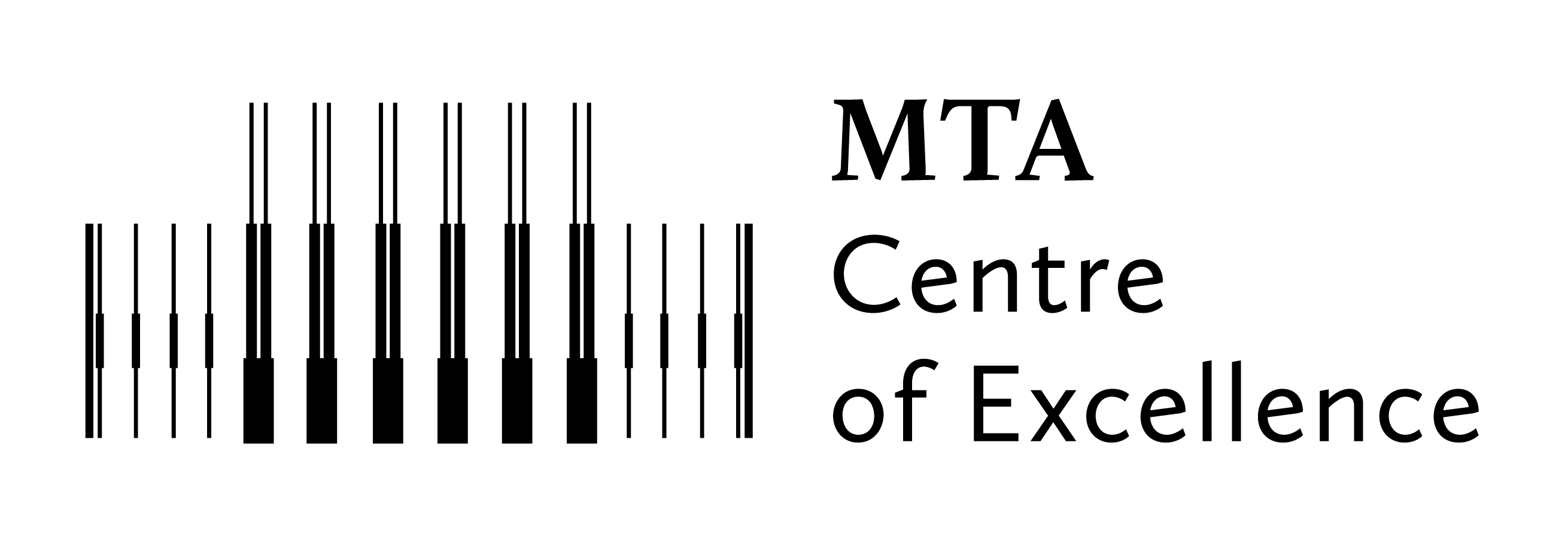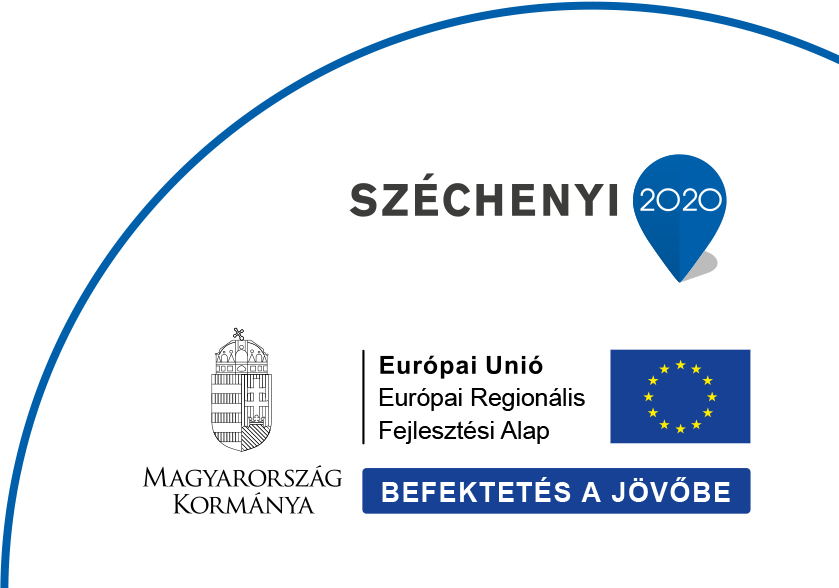Speaker: Podmaniczky Frigyes (SZFI)
Title: Phase-field crystal modeling of nucleation and growth processes - PhD házi védés
Date: 29 June 2023, 10.00
Place: Building 1, First floor Meeting room
Abstract
The first rigorous treatment of the solid-liquid transition dates back to the work of Ramakrishnan and Yussouff from the late 70's, which connected the homogeneous liquid with the highly inhomogeneous phase within a single microscopic order parameter theory. This served as inspiration for the modern classical density functional theories of solidification. However, these models suffer from poor numerical efficiency due to the resolution required for the accurate representation of the structural correlations of the homogeneous liquid. In the early 2000's Elder et al. have managed to formulate a one-mode approximation to the same physical phenomenon, termed the phase-field crystal (PFC) model [1], which is numerically less demanding, yet qualitatively accurate and managed to track the temporal evolution of systems on the micrometer scale. A significant advantage of the PFC model over coarse-grained phase-field models is, that the choice of the order parameter, namely the one-particle average density is inhomogeneous in the equilibrium solid phase and carries the same symmetries as the crystal. This leads to the natural coupling of elastic effects to thermodynamics, without the use of ad hoc auxiliary fields.
Within the PFC framework, I have analysed [2] the structural signatures of solid clusters, that develop in quenched liquids, prior to the appearance of BCC crystals. The mechanism behind the formation of polycrystalline clusters, initiated from a single perfect crystal will be elucidated, which gives a microscopic explanation of such complex growth forms as spherulites. I have also made progress in the understanding of defect formation during strained epitaxial growth, the importance of the kinetic pathways to defect formation as opposed to equilibrium energy balance arguments will be considered.
[1] K. R. Elder, M. Katakowski, M. Haataja, M. Grant, Phys. Rev. Lett. 88, 245701 (2002)
[2] L. Gránásy, Gy. I. Tóth, J. A. Warren, F. Podmaniczky, Gy. Tegze, L. Rátkai, T. Pusztai, Prog. Mat. Sci. 106, 100569 (2019)



